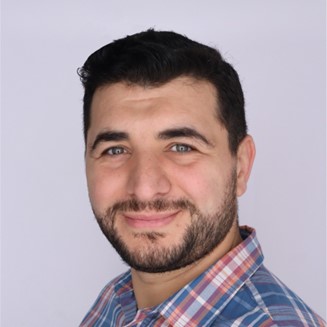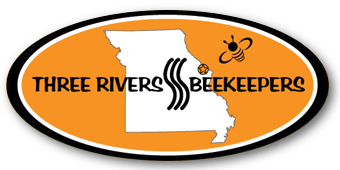

Medicinal Uses of Honey: Evidence-based Applications
October 21, 2024 @ 7:00 PM - 8:30 PM
Members and Friends, please join us on October 21st for our Monthly Membership Meeting.
We will hold the meeting at the University of Missouri Extension Center at 200 Brown Road in St. Peters
The club meeting will begin at 7:00. You can come early – 6:00 PM – for Q&A with experienced beekeepers.
Snacks welcome!
This meeting will feature Dr. Ferhat Ozturk who will present “Medicinal Uses of Honey: Evidence-based Applications.”
You can attend in person or Zoom into the meeting. If you will be joining us by Zoom, register in advance for this webinar:
https://us06web.zoom.us/webinar/register/WN_T2lbD–qR_6YgGLUAi2oXQ
About Dr Ozturk:
Dr. Ferhat Ozturk is the Project Director of the HONEY Pathway and Associate Professor of Instruction at the University of Texas San Antonio (UTSA). Dr. Ozturk combines his strong Ph.D. background in gene therapy, molecular and cellular biology, bioinformatics, and biochemistry research with a fervent passion for exploring the medicinal use of honey.
With a focus on the unique biological and chemical compositions of various mono-floral honey varieties from across the globe, Dr. Ozturk is unraveling the ancient wisdom surrounding honey’s therapeutic benefits. His groundbreaking research is dedicated to identifying exceptional US-based honey sources characterized by high bioactivity levels and strong medicinal properties, poised to not only compete but surpass current medical-grade honeys.
Dr. Ozturk’s exceptional contributions to the field have earned him the prestigious USDA-NextGen grant, amounting to 2.9 million dollars, to establish the HONEY Pathway at UTSA. This grant is a testament to his dedication to advancing the understanding of medicinal honey and beekeeping, while also nurturing the educational growth of UTSA students.
Dr. Ozturk’s work promises to unlock the full potential of honey as a therapeutic agent and inspire the next generation of scholars in this fascinating field.
Honey has been used for centuries as a natural remedy for various ailments, including the prevention and treatment of wounds, infections, diabetes, cancer, and asthma, as well as cardiovascular, neurological, and gastrointestinal diseases. Due to its nutritional value and therapeutic potential, honey has been identified as a nutraceutical product.
Not every honey is created equal! There are more than 200 components identified in honey, which is dependent on its nectar source, climate, landscape, altitude, and bee strain. Therefore, it is critical to identify the biochemical agents within the honey, such as phenolics, flavonoids, and tannins, to identify its antioxidant and antimicrobial potentials.
In this presentation, Dr. Ozturk will give a brief outline about use of honey as a therapeutic agent for centuries, as well as provide evidence-based information about the bioactivity potential of different honeys and use of medical-grade honeys for wound healing in clinical settings. He will also provide up-to-date information from the bioactivity analysis of local TX honeys by the HONEY Pathway students.
